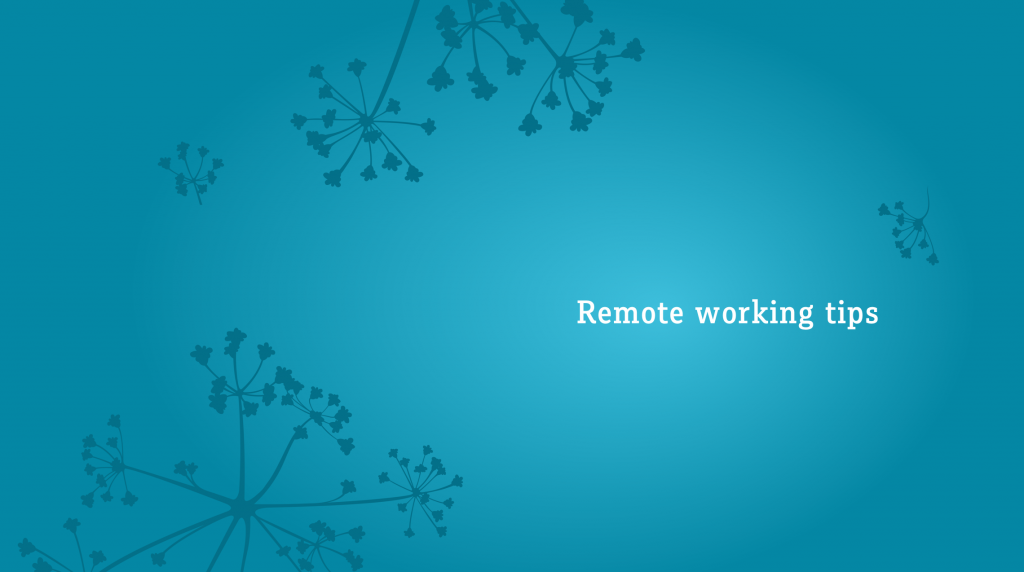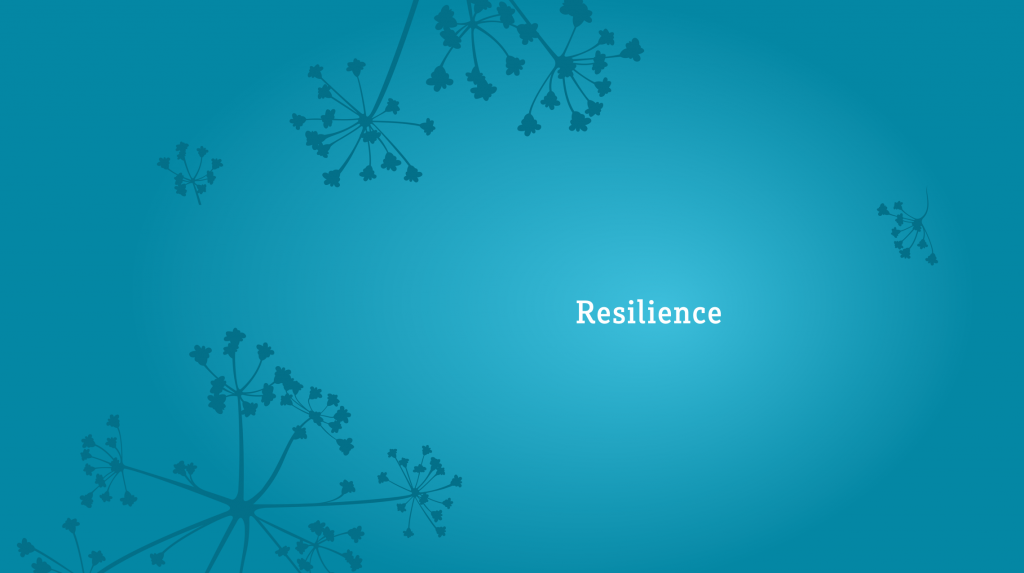For our first call of 2022 we’re focusing on project management. It’s a common time of year to be thinking about big picture planning and strategy development, both individually and for your organization or team. And, there are a number of online tools out there that can help you map out your month, quarter, and/or year and keep track of tasks as you go.
In response to several requests, this month’s call will include a general introduction to some of the rationale behind project management as well as active demos of four different platforms that can help you with your project management; Trello, Asana, Mural, and Todoist. We’ll share how we keep on top of things here at CSCCE, as well as hear from three members of the CSCCE community of practice who use one or more of these platforms in their own community management work. There’ll also be an opportunity to try at least one of the tools in breakouts to help guide your own work.
Join us on Wednesday, 19 January at 4pm UTC / 11am EST for more. Click here to join the Zoom meeting.
Continue reading “January’s community call: Project management tools and best practices for community managers”
